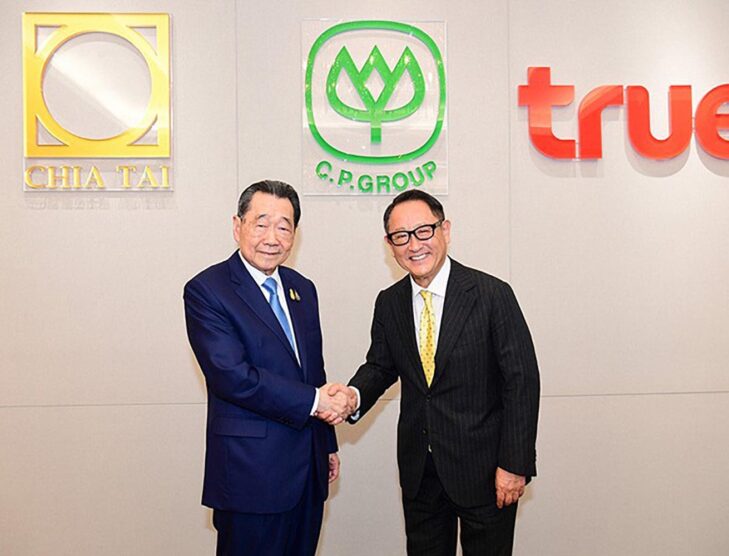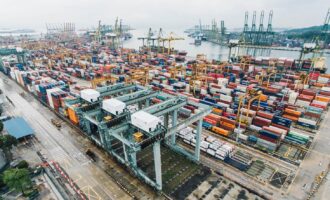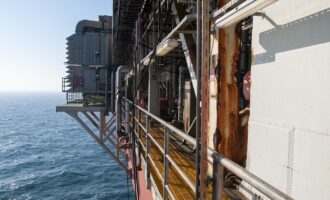
Thailand’s CP Group and Toyota collaborate on carbon neutrality
Thai conglomerate Charoen Pokphand Group (CP) and Japanese automaker Toyota Motor Corporation will explore collaboration toward achieving carbon neutrality in Thailand.
Specifically, CP and Toyota will explore social implementation in three areas:
1. Production of hydrogen using biogas derived from farm wastes (with a focus on economic zones)
2. Introduction of fuel cell delivery trucks into CP’s fleet, which are to use the above-mentioned hydrogen (provide a variety of solutions such as BEV and FCEV, considering travel distance and load weight)
3. Efficient logistics by proposing optimized delivery routes through connected technology
With these actions being linked with each other, the two companies will proceed with what can be done now to reduce CO2 emissions throughout the entire process of producing, transporting, and using energy.
CP’s transportation service business, True Leasing Co., Ltd, will participate in the collaboration. In addition, the study will be conducted with Hino Motors, Ltd. who will participate into these efforts, which will be made in Asia by Commercial Japan Partnership Technologies Corporation, which is capitalized by Isuzu Motors Limited, Suzuki Motor Corporation, Daihatsu Motor Co., Ltd., and Toyota. Commercial Japan Partnership Technologies Corporation was established with the aim of helping solve challenges being faced by the transport sector and achieve carbon neutrality by realizing and spreading CASE technology.
As carbon neutrality should be tackled by all people and all sectors, CP and Toyota are willing to welcome any partners who share the same view towards carbon neutrality.
Since its establishment in 1921, CP has been operating with the core value of three benefits: to country, to people, and to organization. CP provides accessibility to high quality products and is expanding its business in Thailand in a wide range of fields, including retail (such as 7-Eleven), distribution, industrial product, agriculture and livestock. In the distribution field, CP has been supporting the lives of Thai people by transporting and delivering a variety of products through its wide-ranging operations, considering social, economic and environmental impacts and sustainability practices.
In addition, Toyota’s business in Thailand has garnered the support of a number of stakeholders including Siam Cement Group, an important local partner for Toyota, and has grown along with the development of Thai society through products, tax payment, employment and technology transfer, while overcoming a number of challenges such as the 1997 Asian financial crisis and the 2011 floods.
“The two companies, both of which consider the best for Thailand and the Earth, have agreed to proceed with what we can do now, by using each company’s strengths and assets. I believe that taking this crucial step will allow us to be rewarded with appreciation from the country, and will change the future landscape,” said Akio Toyoda, president and CEO of Toyota.
“What President Toyoda and I share is affection and gratitude to Thailand, and both of us very much want to give back to the country. I am delighted that both companies have an opportunity to jointly consider collaboration toward carbon neutrality in Thailand and welcome any companies that share the same carbon neutrality ambitions,” said Dhanin Chearavanont, senior chairman of Charoen Pokphand Group.
echo '








